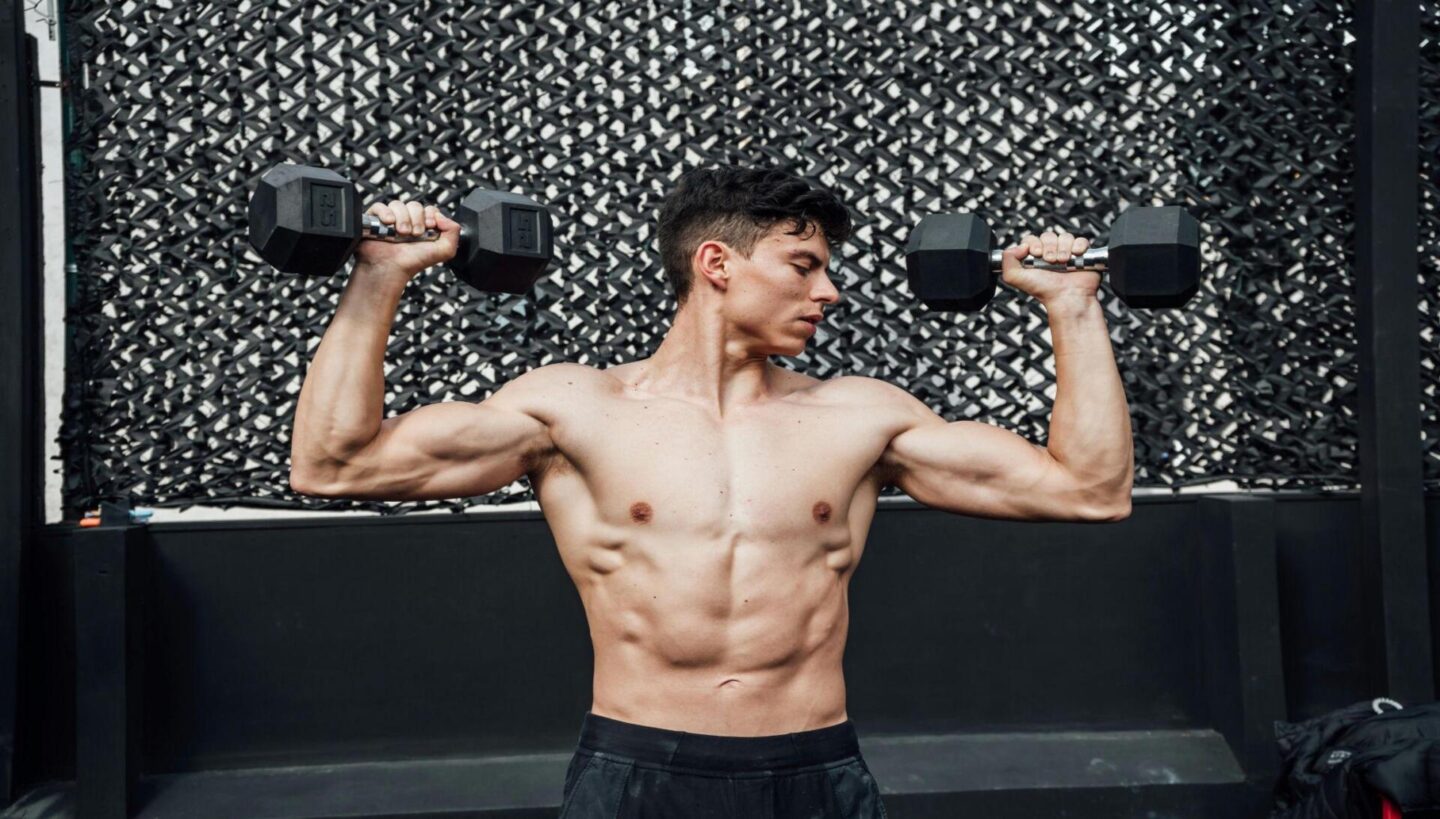
Photo Credit: Mike Gonzálezon Pexels
Many beginner fitness enthusiasts wonder how important food is to their bodies and the efforts it would take to improve their health and physical performance. The truth is eating and exercise go together.
What you eat and when you eat can determine the results you get and how fast you achieve them. Think of it as a 50-50 effort from excellent meals and time spent putting your body through tough workouts. Some people compliment their efforts with trestolone enanthate dosage, which is known to improve muscle growth and strength.
This article explores four critical tips to get the best out of your taste buds and exercise regimes.
1. Start With a Healthy Breakfast
Heading to the gym or your favorite workout spot on without food to provide much-needed fuel can affect your results. When you’re up early enough, finish breakfast at least one hour before your workout.
Research has shown that eating or drinking carbohydrates before exercise can help you perform better during your workout. The carbohydrates may also allow you to work out for extended periods and at a higher intensity.
Even experts recommend eating a healthy breakfast because if you don’t eat, you might feel slow-moving or have dizzy spells when you exercise.
2. Practice Portion Control
You need to watch your portion size. Overeating before exercise can harm your body and your efforts to get fit. Generally, experts recommend eating at least 3 to 4 hours before exercising if you have large meals.
Eat small meals or snacks about 1 to 3 hours before exercising. Eating too much before exercising can leave you feeling heavy, accompanied by slow movements.
On the other hand, you shouldn’t eat too little because you may lack energy.
3. Get the Proper Snack
Snacks can help you between meals during workouts. Whether that’s before or after a meal depends on how you feel. However, if you eat snacks too soon before exercising, you might miss out on added energy, especially if your workout lasts less than 60 minutes.
Further, snacks can keep you from feeling hungry. For example, if your workout is longer than 60 minutes, it may help to have a protein—or carbohydrate-rich food or drink during the workout. Good snack choices include energy bars, bananas or other fresh fruit, yogurt, healthy smoothies, sports drinks, and peanut butter sandwiches.
If you plan to exercise many hours after a meal, pick a healthy snack to provide support.
4. Say Yes to Fluids
Maximize your workouts with fluids. Don’t forget them because you need enough fluids during and after exercise to help prevent dehydration.
To stay hydrated during exercise, experts recommend drinking up to 3 cups of water 2 to 3 hours before your workout and up to 2 cups of water every 15 minutes during your workout. The amounts you need may change depending on your body size, weather, and other conditions.
Additionally, you can drink about 2 cups of water after your workout for every pound of weight lost during the process. Drinking water is generally the best way to replace lost fluids, but if you’re working out for more than an hour, try a sports drink or shake.
Conclusion
When you get the mix right, eating and exercise can provide the ideal base to meet your needs and achieve positive fitness results. However, it’s important to note how you feel so you can learn to plan and manage your eating patterns around your exercise regimens.
A journal will help you see how your body reacts to certain meals and snacks. If you want to incorporate a supplement to improve your dietary needs, consult with your doctor first. Also, measure up with the right snacks and fluids.

